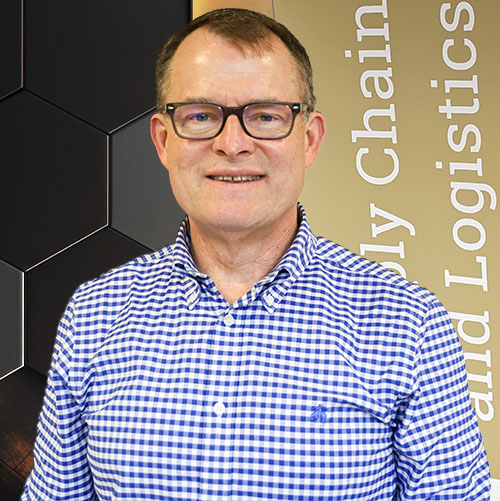In the world of supply chain management, we spend much of our time searching for ways to make things better — more reliable, more efficient, more resilient. It’s a pursuit that can feel endless because improvement rarely comes from one grand move; instead, it is found in hundreds of small, thoughtful actions over time.
That’s why I’m recommending a summer read that, while not a traditional supply chain book, speaks directly to this spirit of continuous improvement: Better by Atul Gawande.
Gawande, a practicing surgeon and bestselling author, focuses much of his writing on the challenges of delivering better outcomes in medicine. But as you read Better, it becomes clear that the insights he shares transcend healthcare. In fact, many of them connect deeply to the work we do in supply chain. Health care, after all, is a complex supply chain in itself — one that must manage the flow of goods (medicines, equipment) and services (diagnosis, surgery, therapy) under conditions of great uncertainty and high stakes.
Gawande’s work reminds us that the principles that drive improvement in medicine are the same ones that drive improvement in supply chains, manufacturing, transportation, and just about every field where people are trying to do things better every day.
Three Takeaways for Supply Chain Professionals
1. The Relentless Pursuit of Better is Everyone’s Job
One of Gawande’s central points is that better performance is not reserved for “geniuses” or “experts” alone. In medicine, small, consistent improvements — asking an extra question, double-checking a dosage, washing hands properly — save lives. The same is true in supply chain.
In our world, whether it’s taking a second look at an inventory replenishment setting or spending a few extra minutes mapping supplier risks, the incremental pursuit of better outcomes can mean the difference between success and failure. There’s no standing still. Better is a moving target, and everyone on the team has a role in aiming for it.
2. Systems Matter as Much as Skill
Gawande makes a strong case that even the most skilled individuals can fail if the systems around them are poorly designed. A world-class surgeon operating in a broken hospital supply chain still faces high risks of failure.
Supply chains work the same way. Even great people can’t overcome a bad process or poor system design for long. When we evaluate our operations, it’s important to look beyond individual performance and address the structural barriers that prevent consistent execution. Strong systems allow talent to flourish; weak systems exhaust it.
3. Always Ask One More Question
One of my favorite insights from Better is the idea that sometimes, the most powerful thing you can do is simply ask one more question.
Gawande shares examples where small moments of curiosity or concern — asking a patient one more question about their symptoms, or a nurse asking why a process was skipped — led to major improvements or saved lives.
In supply chain, asking one more question can reveal unseen risks, highlight hidden opportunities, and help avoid costly mistakes. When considering a new supplier, a logistics routing change, or a forecasting adjustment, taking the time to dig a little deeper often makes the difference between a smooth operation and a big problem.
As supply chain learners and leaders, developing the habit of curiosity — and the courage to ask that extra question — is one of the simplest and most powerful habits we can cultivate.
Why Better is a Worthwhile Summer Read
What makes Better a great summer read is not just the quality of Gawande’s storytelling, but how accessible and applicable his lessons are. You don’t have to be a doctor to appreciate the challenges he describes, and you don’t have to be in a hospital to face similar decisions about quality, safety, and improvement.
Supply chains, like healthcare systems, are messy, imperfect, and always evolving. Gawande’s stories are a reminder that we improve not by finding perfect solutions, but by persistently chasing better ones — day after day, decision after decision.
If you’re looking for a book that will inspire you to think a little differently about your work, challenge you to ask better questions, and recharge your commitment to doing things better — Better is a worthy addition to your summer reading list.
I hope you’ll find it as insightful and motivating as I did. And as you turn its pages, I encourage you to keep a simple question in mind: What’s one thing I could do a little better today?

